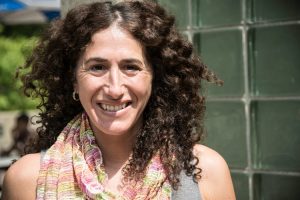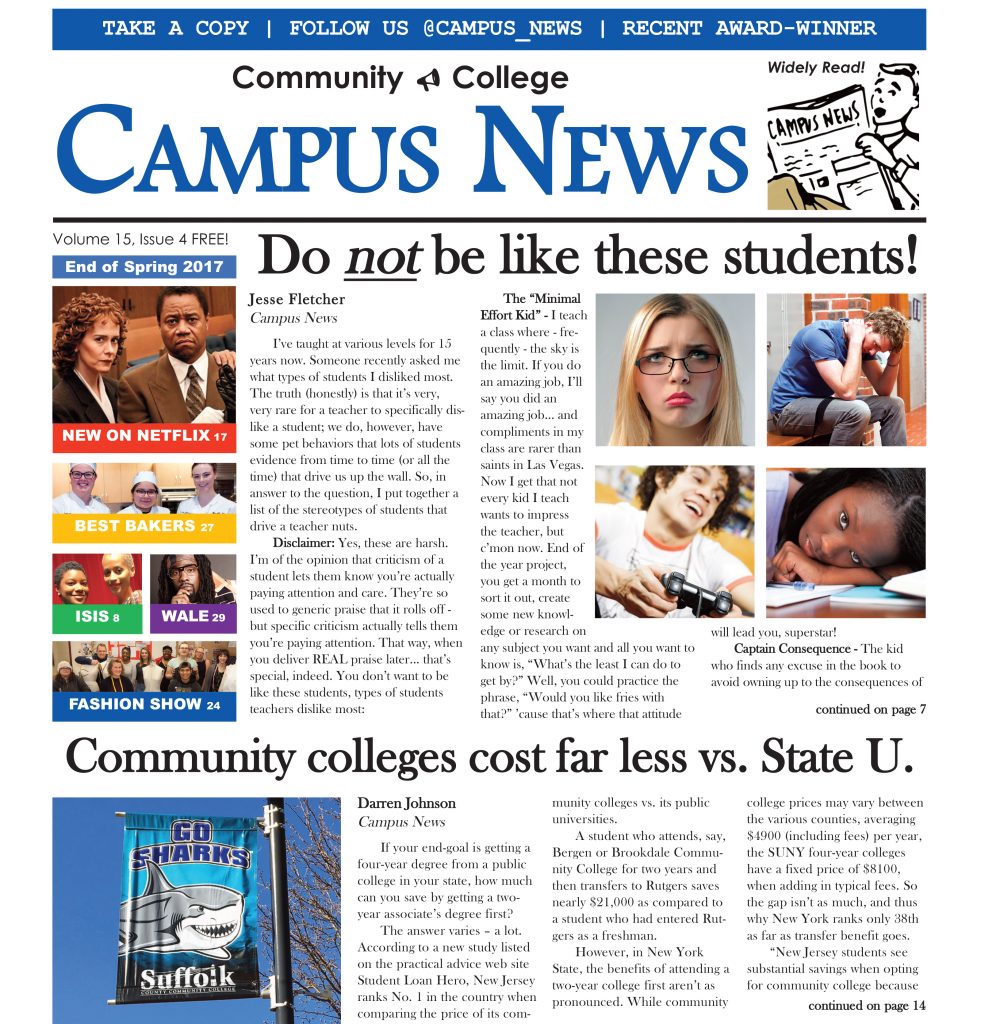By Jessica Yood
Special to Campus News
This is the season for New Year’s resolutions. Mine was to be more online. In November I opened my first Instagram account. Already I have nine followers.
Nine is not a lot, that much I know. I also know that many believe that at this point, I might as well stay away. We keep learning more about social media’s detrimental effects on our mental and civic health. But I broke my abstinence in 2024 when a slew of reports declared that books are dead and social media killed them.
I am a college professor, a teacher of literature and writing, and an author of a new book. So these headlines felt personal. Does being on social media mean the end of reading? I had to investigate.
“Students Don’t Read Anymore” announced an October New York Times piece documenting a decline in reading, especially among young people. More bad news followed. Scientists champion the cognitive and cultural benefits of reading but studies show, as a November Atlantic article puts it, even “elite college students” won’t do it.
Experts say the pandemic and a teach-to-the-test school culture also contributed to a disinterest in long-form texts. But digital devices do the greatest damage. Reading doesn’t reward like social media does. It “can’t compete,” say the professors cited in that Atlantic article. Books promise delayed but sustained satisfaction while apps offer immediate but superficial gratification.
I think this is only half true. In my (albeit short) time on Instagram I did get derailed from to-do lists and, at times, from reading. Yet I also got diligent. Last month I started a strict writing practice. I used to wait for the right moment and mood to write. Now I post every day. Social media broke the habit, cultivated from 25 years in academia, of overthinking. Perfectionism led to procrastinating. Social media propelled productivity.
I find it liberating that my words and readers come more easily. It turns out my students want to feel free too. Since 2020, I’ve been surveying CUNY undergraduates. Many fear reading and most have no plans to major in English. Yet a majority want to write.
They are not alone. Demand for writing classes is up at Lehman College, the public, Hispanic- and minority-serving institution where I work, and also at Stanford and Yale. American undergraduates describe a desire to write better Instagram posts. They also want to compose poetry, finish their novel, and become smart journalists and culture critics.
Social media may have instigated a reading crisis. It also may have also inspired a writing renaissance.
Perhaps I’m overly optimistic. You might point to ChatGPT as evidence that writing will soon be like reading: another casualty of our digital age. You might also note that anyone who wants to write well should read the greats first.
There is some truth to these arguments. But such warnings often feel like threats. Students don’t want to succumb to doomsday scenarios. They’re trying to craft their way into existence, even as robots seek to do it for them. And maybe it’s time we all challenge the adage that reading must happen before writing, that creativity comes only with cultivation.
I’ve tried to take up this challenge in my composition classes. In the first weeks of semester, we read nothing but write a lot. We do so with paper and pen and on computers, three hours during class, two hours for homework. Students write about themselves and what they find out about each other from interviewing classmates, administrators, and teachers. They keep notes, reflect, and describe, in any form and all genres, so that readers get an impression of their experience of the world.
In under a month’s time we’ve accumulated around 140 pages. That’s about a book. I put this together into one document and students get to work reading it. They ask the same questions about their writing as we’d ask about a published work: What does this text say, do, and seek to be? Does its length and language enable it to do and be those things? When are we curious, entertained, bored, bothered, begging for more?
Writers are surprised, delighted, and sometimes disappointed by readers’ answers. Like all authors, students must face their limitations. Maybe their syntax needs work or they require more background knowledge in a topic. But once writers feel what it is to be heard, felt, seen, and known, they want more of that. They want their ambition and ability to scale. And that’s when we bring in the books.
The following month, we turn writing goals into reading assignments. First, I research books that connect to student goals and needs. For a class of 25, I find 10 works of fiction and nonfiction and group students according to interests. Last spring, for example, Jamie and Kenneth were creating scripts for video games. I assigned them the 2022 bestseller about gamers, Tomorrow, Tomorrow, and Tomorrow and Aristotle’s Poetics, a study in the high stakes of human play. Groups then spend two class periods online, finding out what readers say about how these books influenced them as writers. This fall, Ashley, a transfer student studying business and fashion, wanted to blog about TV period pieces, and how they complicate race and gender identity. She found out that writer and producer Shonda Rhimes of Bridgerton fame is a Jane Austen fan. We added Persuasion and Edward Said’s Orientalism to Ashley’s list.
Over the next eight weeks students read two books independently and two as a whole class. Each month students post about their books, returning to those questions about craft, and answering anew their thoughts on character, creativity, context. In other words, they become readers.
Four books finished over one term will not reverse a national trend. But we can’t undo a crisis simply by reading about it. Worrying our way out of problems won’t solve them, either. Instead, as my students and social media have taught me, we must write our way to a better new year, a better new era.

Jessica Yood is Associate Professor of English at Lehman College and the CUNY Graduate Center. Her book about higher education and the humanities, “The Composition Commons: Writing a New Idea of the University,” was published in April 2024.








Facebook Comments